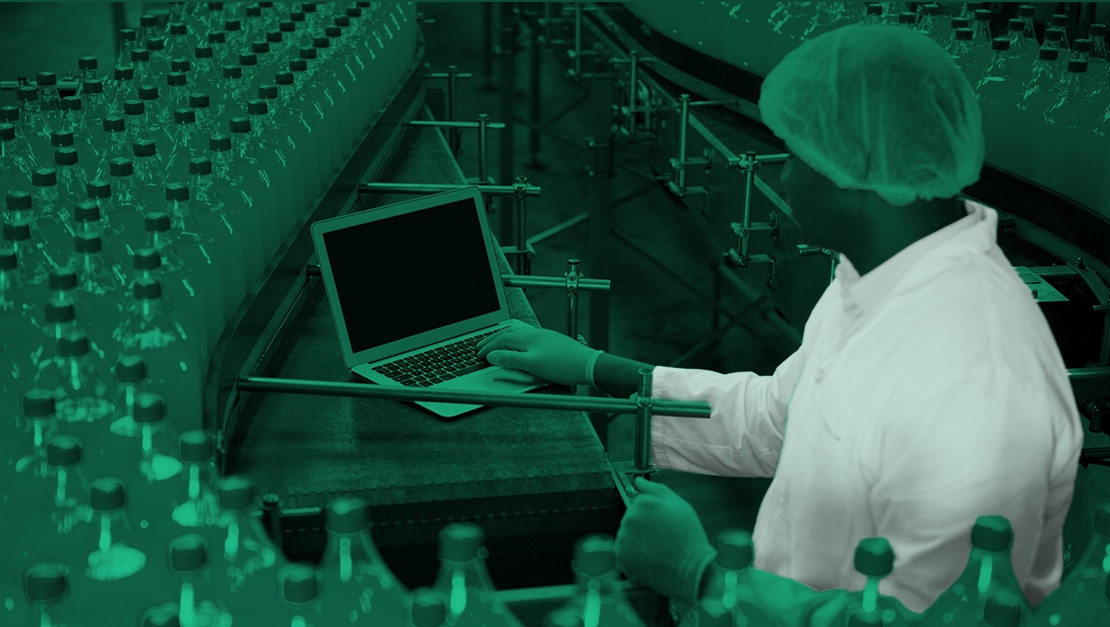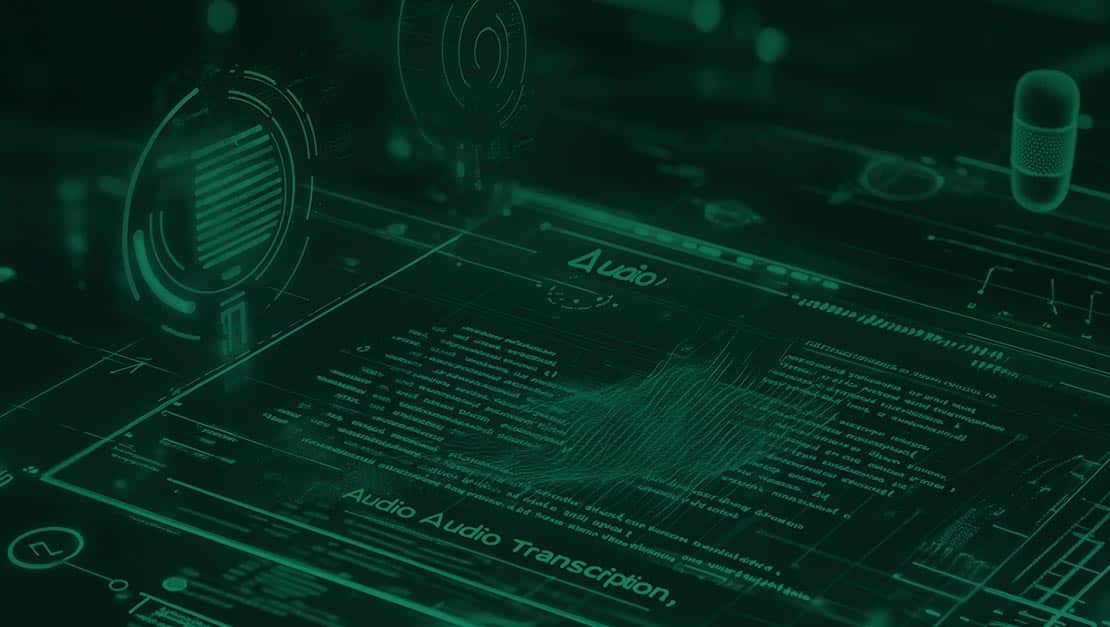The demand for nourishing food that’s safe to consume is constantly rising. Consumers are increasingly concerned that products they buy are free of contaminants or specific allergens, making it essential for food production companies to adhere to stringent quality control standards.
The quality of the food you produce is intrinsically tied to your brand’s reputation, and in the age of social media and online reviews, it can be a long road to recover from a damaged reputation. It’s more important than ever to ensure your food manufacturing processes are optimized to prevent contaminants from spreading.
In this article, we’ll take a look at a few strategies you can use to prevent contamination in food manufacturing as well as how speech-powered AI in food manufacturing can help you implement those strategies quickly and efficiently.
Implement Robust Quality Assurance Systems
There are a number of systems for quality assurance in the food industry that should be relied on to prevent contamination in their products. By implementing and consistently updating these processes, you can ensure that the quality of your food remains high. Here are a few common quality control systems:
Hazard Analysis Critical Control Point (HACCP)
HACCP is a system that’s meant to prevent potential hazards through identification, evaluation, and highlighting of critical control points. It helps you see where in your manufacturing process there might be a risk of contamination so that you can monitor it and establish preventative measures.
Sanitation Standard Operating Procedures (SSOP)
SSOP offers detailed guidelines for equipment cleaning to help ensure your facility is properly sanitized in order to prevent cross-contamination and microbial growth.
Good Manufacturing Practices (GMP)
The GMP procedures outline best practices for handling, storing, and manufacturing food items. There are guidelines for facility design and maintenance, hygiene, as well as employee training that help you prevent contamination.
Allergen control programs
You should have a program in place to prevent cross-contamination of common allergens, including labeling food products and ingredients, segregating ingredients containing allergens, and dedicating specific equipment for handling foods containing allergens.
Employee training
Implementing robust and ongoing employee training is one of the most effective ways of keeping everyone on the manufacturing floor aware of what to look out for when it comes to potential contamination risks. When each employee understands their role in food safety, it’ll be easier to keep a facility risk-free.
Supplier quality management
Food safety starts with safe ingredients, so make sure you have a quality assurance system in place to check the safety of the raw materials you receive from supplies. This can include regular audits and quality checks of ingredients before they’re used in manufacturing.
Improving Quality Assurance Measures with AI
AI in food manufacturing can help companies enhance their quality assurance systems, putting less of the onus on employees and automating certain procedures to ensure regular inspections. Unlike humans, AI has the ability to quickly and meticulously identify patterns and process vast amounts of data, leading to more efficient quality control and cutting down opportunities for contamination. Here are some specific ways companies can use AI in quality assurance in the food industry:
- Real-time monitoring: AI devices can monitor facility or storage specifics, such as temperature and humidity to ensure spoilage or contamination are avoided.
- Supplier evaluation: Manufacturers can use AI to help analyze data on raw materials received from suppliers, reducing the risk of contamination.
- Compliance: By continuously monitoring processes and records, AI can help ensure a facility meets compliance and regulation requirements.
- Shelf life prediction: Optimize storage by leveraging AI to help analyze factors that affect shelf life, such as packaging, storage conditions, ingredients, or transportation.
- Automated inspection: AI-powered systems can automate otherwise cumbersome food inspection processes to ensure the consistency and accuracy of assessments.
AI in Technologies Used in Food Manufacturing
To achieve the quality assurance workflows mentioned above, there are a few different AI technologies to be used in food manufacturing. Here are the most common AI technologies used in food manufacturing and how they’re applied:
- Machine learning (ML): Machine learning algorithms analyze historical data to predict trends, potential issues, deviations, and identify unusual patterns.
- Computer vision: Computer deviation systems use cameras to visually inspect food items for contamination and irregularities, and automatically sort and grade products.
- Natural language processing (NLP): NLP looks at textual data, like customer feedback, product details, or quality reports to gain insights or identify potential issues.
- Robotics: When combined with AI, robotics can help automate repetitive and manual tasks, such as quality assurance testing processes to ensure more consistent checks.
- Internet of Things (IoT): IoT devices such as sensors collect real-time data on various manufacturing stages and analyze that data to monitor the quality of the product and environment.
- Blockchain: Blockchain technology helps provide more transparency in the food supply chain, offering insights into the origin of raw ingredients and better quality control
Not every manufacturer will need all these technologies, but many of them work symbiotically and contribute in a unique way to monitoring, automated inspections, compliance, and other measures. For example, there are food manufacturers that use both computer vision and machine learning to pick the best quality tomatoes to produce ketchup.
Benefits of AI in Food Manufacturing Quality Assurance
There are several key advantages of using AI in food manufacturing quality assurance checks. First and foremost, AI helps streamline various quality control processes, making it easier to keep tabs on everything and maintain a consistent cadence of checks. Some of the other main benefits include:
- AI helps quickly process large datasets so that you have more reliable data to use for ongoing quality control
- Identify patterns in your manufacturing process to make it easier to spot deviations in quality
- Reduce human error by putting AI in charge of manual and repetitive tasks
- Base critical business decisions on accurate and real-time data to more actionable insights
- Monitor your production line in real-time with AI sensors to immediately respond to deviations
- Solve issues proactively by using AI to identify potential issues before they escalate
- Save on operational costs by minimizing defective food products, reducing the potential for product recalls or re-manufacturing products
- Stay more compliant with food regulation standards by putting checks and inspections on auto-pilot
- Enhance the accuracy and efficiency of workflows to enable quicker production cycles
Ensure Quality Through Speech with aiOla
aiOla’s AI-powered speech capture technology combines natural language understanding (NLU) and automatic speech recognition (ASR) to turn speech into data and efficient production line operations. When it comes to AI In food manufacturing, aiOla’s speech-driven technology can help companies save valuable time on inspections simply through the power of voice without having a significant impact on existing workflows. With aiOla, food manufacturers can:
- Cut down on manual inspection processes, freeing up time for employees to focus on other tasks
- Gather data through speech that’s otherwise lost, helping improve work processes
- Reduce the rate of human error, making inspections more efficient and lowering the possibilities of cross-contamination
- Receive real-time alerts for faulty equipment or problem areas, enabling prompt action to maintain operational integrity
- Ensure ingredients in the manufacturing process and products received by suppliers are up-to-spec by conducting quick and effective inspections through speech
- Monitor facility machinery, stored products on the shelf, or ingredients quickly using only speech to allow for more frequent and more accurate inspections
aiOla’s technology allows supervisors to utilize speech technology to conduct efficient daily inspections. Before commencing manufacturing operations each day, it is crucial to inspect each machine’s condition to identify any malfunctions or maintenance needs, as well as ensure cleanliness and sanitation for smooth and safe operations. The implementation of speech technology significantly enhances efficiency, improves food safety management, and streamlines operations while identifying any malfunctions or maintenance needs in real time. Businesses are also able to streamline packaging, quality control, and inventory management, leading to faster operations, improved accuracy, and data-driven decision-making, ensuring customer satisfaction and competitiveness.
aiOla’s technology understands over 100 languages and can decipher voices in any accent or industry jargon, in any acoustic environment, meaning even the noise of a loud manufacturing floor won’t interrupt the flow of data collection. Finally, as aiOla harnesses the power of human speech, there’s virtually no learning curve required for your employees, meaning they can continue working as normal while empowering them to complete tasks entirely hands-free, leading to a safer work environment.
aiOla Case Study: Speech AI in Action
When aiOla’s speech AI platform was put into action for a multinational Fortune 50 food corporation that processes meats, the company saw drastic improvements. The food corporation was manually conducting machinery inspections and noting all findings on paper, a fallible system that left it open to errors and inefficiencies.
With aiOla, the company was not only able to make inspections more efficient, but also collect more essential data along the way. Using speech-powered inspections, teams were able to send alerts immediately about machinery malfunctions while also cutting inspection time in half. Thanks to aiOla, the food corporation saw
- A 45% decrease in inspection time
- 30% improvement in uptime production
- 90% reduction in manual operations
Better Data Leads to Better Quality
Quality assurance is a critical part of food manufacturing, one that cannot be overlooked. However, the quality of your products depends a lot on the quality of the data you’re gathering from your facility’s floor. Without proper data to alert you to possible machinery malfunctions, temperature changes, or a shift in the quality of ingredients from a supplier, it’s difficult to prevent risks such as bacterial spread or contamination.
With aiOla, you don’t need to worry about staying on top of inspections as the technology dramatically cuts down on the time you spend verifying compliance. By optimizing operations through speech, you can ensure that your employees have all the tools they need to efficiently and accurately implement multiple quality assurance systems.
Learn more about increasing efficiency on the production line.
Schedule a demo with one of our experts and let us show you how aiOla can help empower your business through voice








